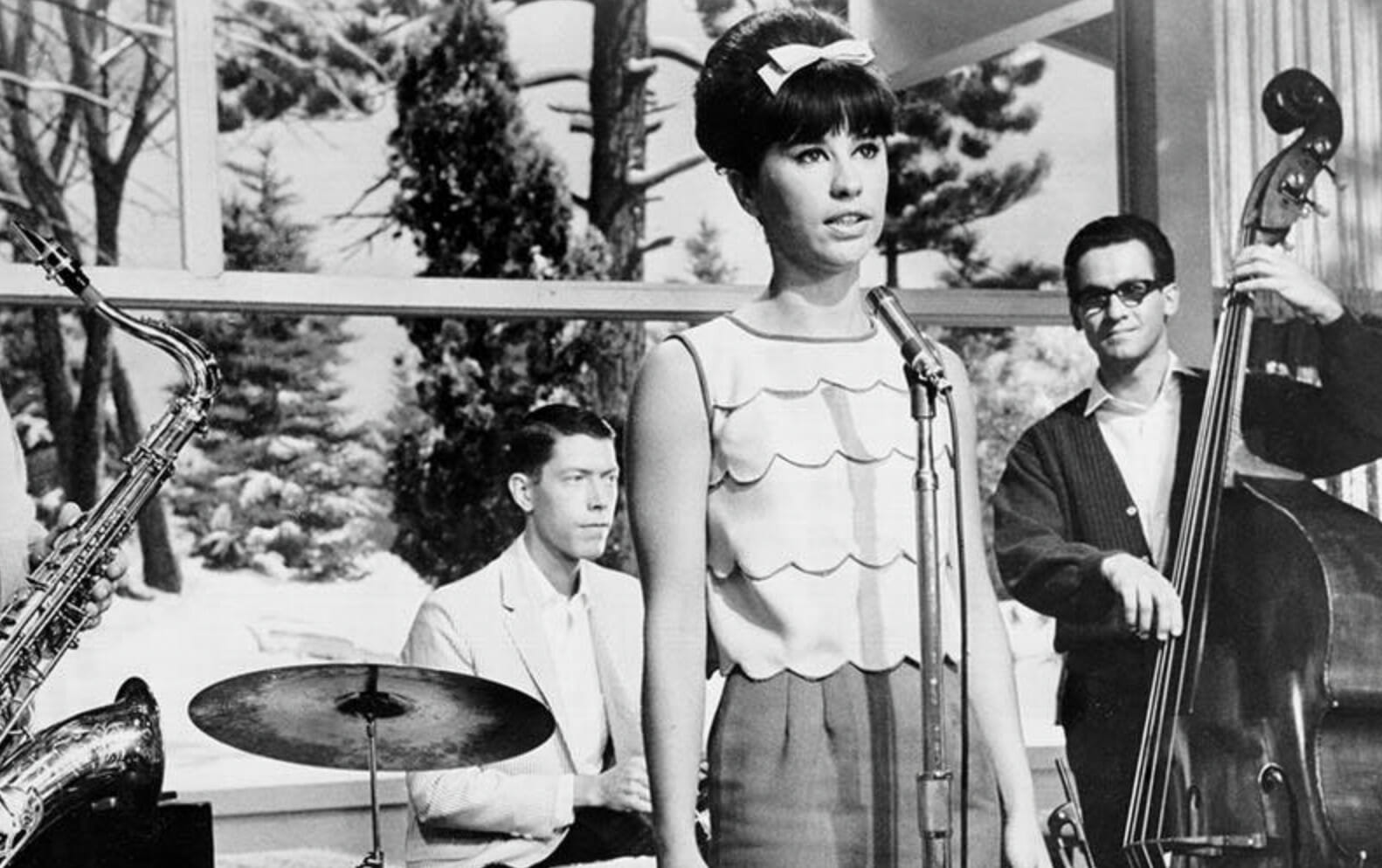The Girl from Ipanema: Astrud Gilberto Dies at 83

Astrud Gilberto, the renowned singer known for her dreamy rendition of “The Girl from Ipanema,” which helped popularize bossa nova globally, has passed away at the age of 83.
The news of her death was confirmed by Paul Ricci, a collaborator of Gilberto, who shared the announcement on social media. Marcelo, Gilberto’s son, had requested Ricci to make the announcement. Ricci expressed the significance of Gilberto’s contribution to Brazilian music worldwide, stating that she had a transformative impact on many lives with her vibrant energy.
Born in 1940 in the Brazilian state of Bahia and raised in Rio de Janeiro, Astrud Weinert was the daughter of a languages professor named Fritz Wilhelm Weinert, who would go on to become fluent in French, Italian, Spanish, Portuguese, English and Japanese. She married musician João Gilberto in 1959. In 1963, she accompanied him on a trip to New York, where he collaborated with jazz artist Stan Getz and fellow Brazilian bossa nova star Antônio Carlos Jobim. The producer of the recording session sought an English-language singer to help introduce “The Girl from Ipanema” to the audience of the United States, and Astrud, who had no prior recording experience, was the only person capable of singing it.
Initially, the song was recorded as a duet with her husband, but Astrud was not credited on the recording, excluded from receiving royalties and only received a small session musician’s fee. However, when “The Girl from Ipanema” was re-edited without João’s Portuguese-language vocals and released as a solo single, it became a massive hit in 1964, reaching the top 5 in the U.S. and the top 30 in the U.K. The song won the Grammy Award for Song of the Year, and Gilberto was nominated for Best Vocal Performance by a Female. That same year, she and João divorced, and Astrud embarked on a challenging journey, touring the U.S. with Getz and his band while dealing with the responsibilities of being a single mother and pursuing her burgeoning career.
“The Girl from Ipanema” would be her sole major hit, although it resurfaced in the U.K. chart in 1984 as bossa nova regained popularity through its influence on artists like Everything But the Girl and Sade. The song is also believed to be the second most recorded pop song in history. Nevertheless, Gilberto continued to gather a dedicated following through a series of solo albums released on the jazz label Verve, starting with 1965’s The Astrud Gilberto Album. Gilberto also made many euphonious covers all her own, including “Água de Beber” and “Fly Me To The Moon,” among others. Her voice would also go on to be interpreted across genres as far as hip-hop, with her rendition of “Berimbau” being sampled by Cut Chemist and Mr. Carmack in 2006 and 2013, respectively.
In addition to her musical endeavors, Gilberto also ventured into acting and appeared in films such as The Hanged Man and Get Yourself a College Girl. She also had an impact on the soundtrack of The Deadly Affair, which was arranged by Quincy Jones.
During the early 1980s, Gilberto formed a group that featured her son Marcelo on bass and embarked on a world tour. However, she largely avoided performing in Brazil, feeling that she had not received the recognition she deserved in her home country. Marcelo expressed this sentiment, stating, “Brazil turned its back on her,” adding that achieving fame abroad during that time was viewed as treacherous by the press.
In Europe, Gilberto collaborated with James Last on an album of samba classics. She was also sought out by George Michael to perform a duet on a version of “Desafinado” for the charity album Red Hot + Rio in 1996.
Notably, Astrud Gilberto accomplished a lifelong aspiration by recording “Far Away” as a duet with the legendary jazz trumpeter Chet Baker in 1977, for which she wrote the melody. She’d later call the experience “a thrill, a dream come true, the highlight of my career.”
Gilberto toured until 2002, which was the same year she recorded her final album, Jungle. In 2008, she received a lifetime achievement award from the Latin Grammys, honoring her remarkable contributions to music.
In her later years, the singer dedicated much of her time to advocating against animal cruelty. Nonetheless, her initial recording’s legacy endured, with a multitude of artists, including Amy Winehouse, Frank Sinatra, Madonna and Nat King Cole, offering their own interpretations of Gilberto’s iconic and everlasting performance.




















